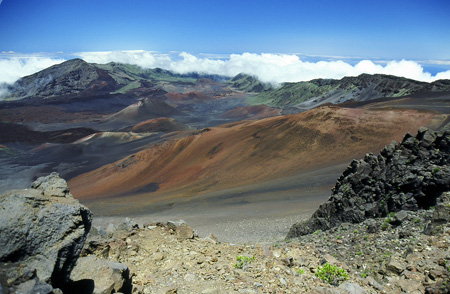Blog Roundup
Monday, August 29th, 2011I saw three great blog posts this week on writers and publishing.
First, Tobias Buckell explains why writers are crazy, and makes a few suggestions on how to hold on to what sanity remains to us.
This failure to pay attention to what we can control as authors and what we can’t leads to a form of Cargo Cult neuroses in writers out of a desire to recreate milestone successes that were never in their primary power to recreate.
If you’re a struggling writer (and how many of us aren’t struggling?), read this post. It will give you an entirely new way to look at things.
Second, Chuck Wendig has some very useful thoughts on social media.
You are not a brand. Social media is not your platform… see it instead as a place where you can bring all the crazy and compelling facets of your personality to bear on
an unsuspecting populaceyour audience. People want to follow other people. People don’t want to follow brands.
I’ve come to this conclusion too, mostly because there’s no way I can “act” as a “brand” no matter what social media gurus tell us we should do. Read the rest of the post if you have a chance. We all need to do self-promotion, and Chuck has a lot of suggestions that make sense to me.
And finally…
A few people have asked what I think about the “agency model.” This refers to a requirement by certain large publishers that their ebooks shall not be discounted by retailers such as Amazon. So if a publisher specifies that a new ebook by a big name author shall be priced at $14.99, that ebook will be sold for $14.99 and not a penny less.
So what do I think of the agency model? I love it! Because it’s surely helping to keep ebook prices from dropping through the floor. Mike Shatzkin feels the same way. Here’s part of what he has to say on the subject:
All writers, whether they’re among the fortunate ones that have a publisher pushing them or whether they’re trying to do it themselves, should be grateful that publishers are doing their damnedest to maintain prices and the perception of value for writers’ work.
Very, very few writers will ever make a living selling 99-cent ebooks. Personally, I want to make a living writing so I can keep writing–and the agency model makes my books a really good deal, while still allowing me a reasonable profit on each sale, as well as “a perception of value.”











